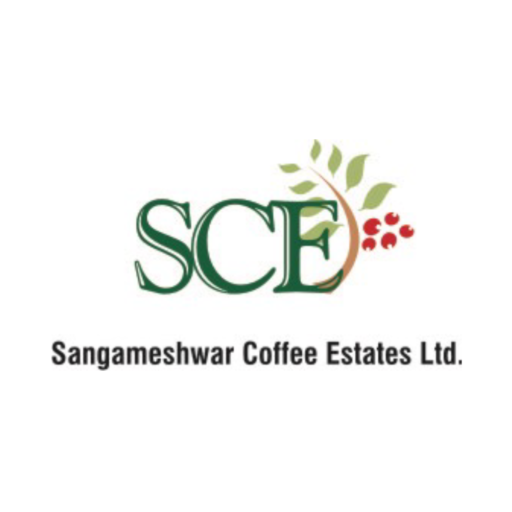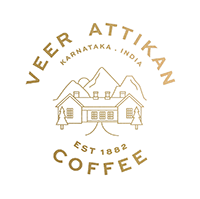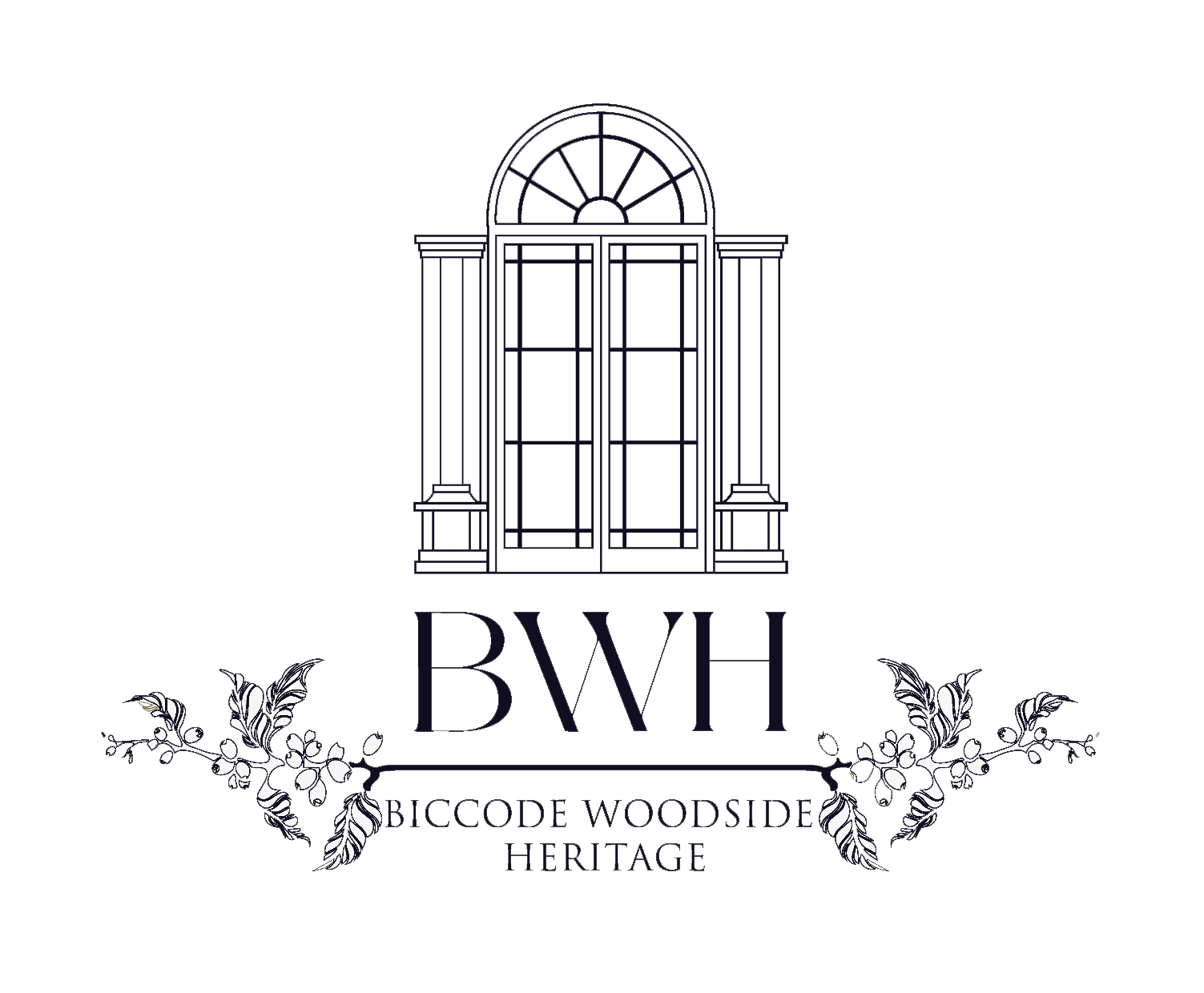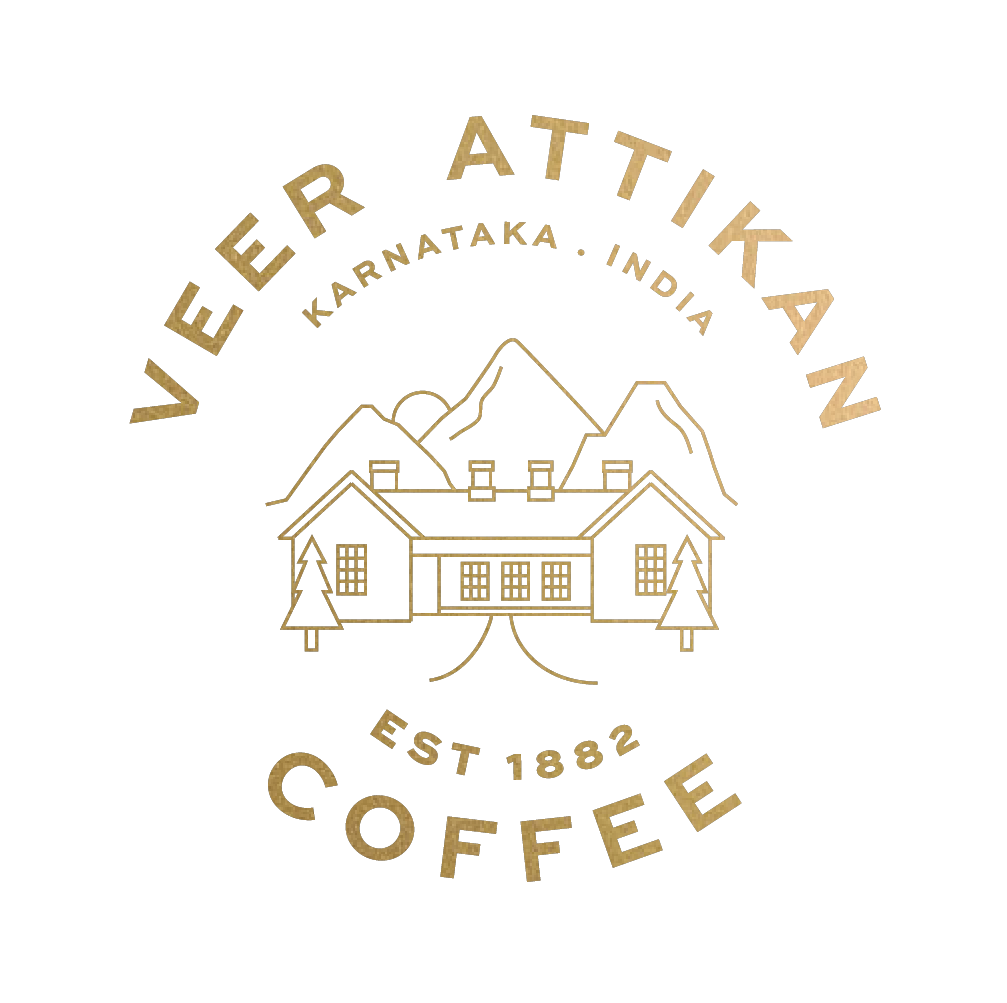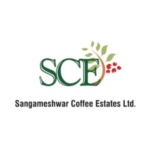Imagine consuming a coffee bean costing above INR 50,000 per kg. No, we ain’t kidding. Kopi Luwak, the world’s most expensive coffee bean, is priced exceptionally high. But what makes this coffee so expensive? It’s just made out of some Asian Palm Civet’s dung!! Haha, sounds fishy? Checkout the entire article!
History of Kopi Luwak
In the 18th Century, Dutch farmers witnessed some Civet’s consuming coffee fruits. These civets used to leave behind the undigested coffee seeds in their droppings. Some of the farmers started collecting these dumps. Their sole objective was to extract a unique coffee flavor without informing the consumers about the process involved. The Dutch people started loving this amazing blend of coffee beans and developed a taste for it.
Kopi Luwak’s Coffee Processing
Even today, Indonesian farmers scout for the Asian Civet cat. They are eager to collect the defecated substances extracted from the animal for further cleaning and processing. The entire process adds to the overall pricing as it involves different stages of gruel processing, labor-intensive tasks, and overall time consumption.
No matter how unhygienic it might sound, the Kopi Luwak beans are 100% hygienic (with thorough cleaning and roasting). Look out for authentic and genuine Koip Luwak beans to cherish the best aromatic coffee in the world.
Affordable Coffee Substitutes for Kopi Luwak
Experience the Kopi Luwak’s coffee aroma at the Sangameshwar Coffee Estates. While we don’t source Kopi Luwak, we sell some coffee beans that taste like it. Our Veer Attikan coffee plantation sources multiple specialty coffee beans for a marvelous aromatic experience. These range from light-roasted coffee beans to extra dark coffee beans to suit the different taste preferences of consumers. Our coffee farmers are rigorously working to enhance the coffee quality produced from our farm and extract the perfect arabica coffee beans.
Now that we’ve told you about the most expensive coffee beans, let’s dive into the art of the roasting process for enhanced coffee roasting information.
Check this out: https://sangameshwar.com/coffee-roasting-art-101/
